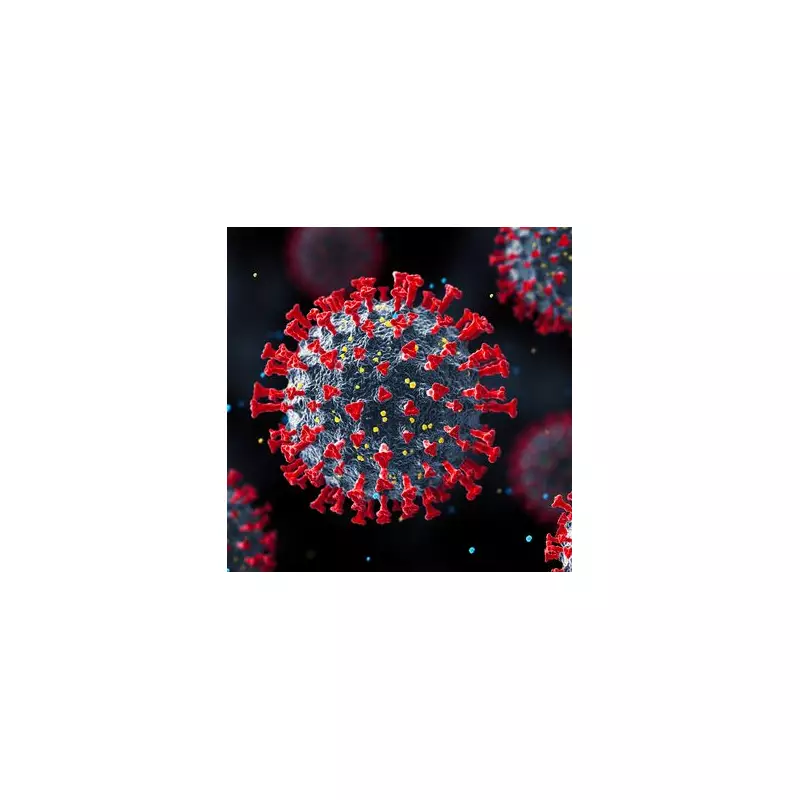
A dangerous and highly contagious virus affecting rabbits is spreading rapidly across the UK, with veterinary experts issuing urgent warnings to pet owners. The Rabbit Viral Haemorrhagic Disease (RVHD2) has been detected in multiple regions, posing a severe threat to both wild and domestic rabbit populations.
What is RVHD2?
RVHD2 is a mutation of the original rabbit haemorrhagic disease, first identified in the UK in 2014. This deadly virus attacks a rabbit's internal organs, causing internal bleeding and liver damage. Alarmingly, many infected rabbits show no symptoms before suddenly dying.
Why This Outbreak is Concerning
Veterinary professionals report several worrying aspects of the current outbreak:
- The virus can survive in the environment for months
- It spreads easily through direct contact or contaminated objects
- Young rabbits from 4-6 weeks old are particularly vulnerable
- There's no specific treatment once infected
Protecting Your Rabbits
Vets recommend these crucial steps to safeguard your pets:
- Ensure vaccinations are up to date (including the specific RVHD2 vaccine)
- Practice strict hygiene when handling rabbits
- Limit contact with wild rabbits
- Disinfect housing and equipment regularly
- Quarantine new rabbits for at least 14 days
Symptoms to Watch For
While many cases show no warning signs, some rabbits may display:
- Lethargy and loss of appetite
- Difficulty breathing
- Neurological symptoms like seizures
- Bleeding from nose or mouth
The British Veterinary Association stresses that prevention through vaccination remains the most effective defence against this deadly disease. Rabbit owners are urged to contact their vets immediately if they suspect their pet may be at risk.





